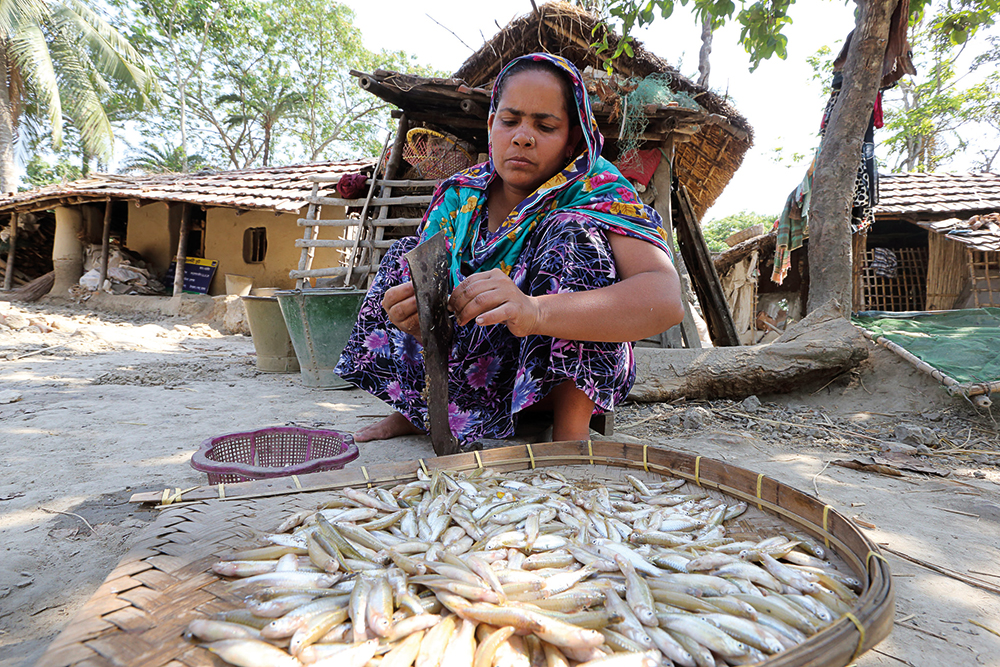A framework for coupling land use and hydrological modelling for management of ecosystem services
It is well known that land-use changes influence the hydrological cycle and that those changes in the hydrological cycle influence land use. The sophisticated spatial dynamic planning tools that have been developed in the last decades to support policy makers in the decision making process do not take into account the mutual feedbacks between land use and hydrology.








